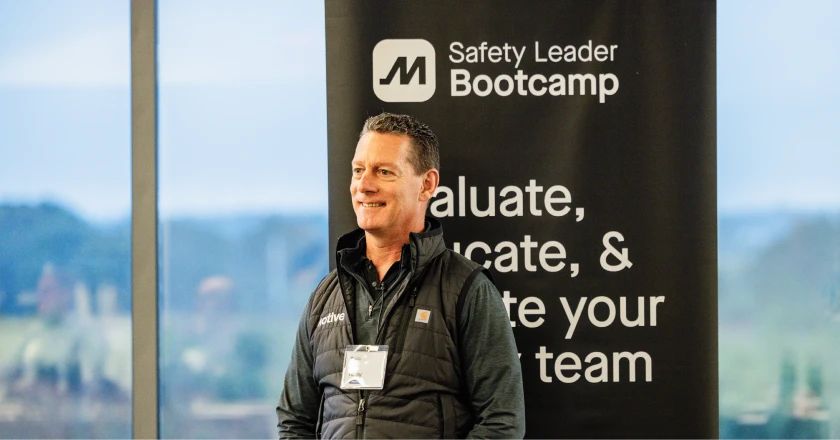In 1993, I began my trucking career as a very green over-the-road flatbedder, lease purchase driver. I had no idea what I was jumping into, even though I had an uncle and grandfather who were both truckers for many years. This made me a third generation trucker.
A few regrets and surprises
Had I a clue at the time, I would have thought twice. I surely would not have leapt into becoming an owner-operator with no business experience and no real clue about the industry, which seemed to have been built upon deception and thievery.
Even if I had known the latter, it would have been a lot smarter to start out as a company driver and begin my experience and education from there. As a company driver, you have time and options to figure out your niche in the industry.
Key questions to ask yourself
In becoming an owner-operator, you first need to sit down and ask yourself some key questions, none of which I did.
- Do you have any business experience or management experience?
- What kind of credit do you have?
- Do you know your numbers?
If you have no business or management experience, it does not mean you cannot do it, but it will be an expensive and painful educational path if you so choose.
If your credit is in the toilet and you cannot get a personal or car loan, you need to take a long look into how you got into that situation, and what you are willing to do to get out of it, because if you are not willing to do the work it takes to clean up your credit, your not ready to be a business owner.
Learn to better manage your money and finances
First, you must learn to manage your money. If you are already a company driver, you probably have a decent job. Now, you must live below your means, pay off your debt, and start saving money.
While you’re doing that, start educating yourself. There are many college business courses you can take online for free. Websites like edX offer courses from colleges like Harvard, Berkeley, and MIT.
In the process, you need to begin networking and building relationships with shippers, consignees, brokers, repair shops, and learn what it costs to run the truck down the road.
Know your numbers and know them well
As you start to network and understand the business well, you need to become more conscious of your numbers, as it relates to your business costs. Here are some crucial questions to think about and write down.
- How much fuel did you buy for your truck last year?
- What is your average mpg?
- How much did your company spend to do preventative maintenance and repairs on your truck?
- Do you know what the fixed costs are?
- Do you know the difference between fixed costs, and fluid or fluctuating costs?
Should you lease your truck or buy it?
You need to decide the path of ownership you want to take. There are three paths to ownership including:
- Buy it outright
- Inherit
- Gifted to you
Three methods of strategy include:
- Lease purchase
- Lease to carrier
- Independent
The first path to ownership, which you may have already discovered as a company driver, is the lease purchase plan or program. This is not a path I would recommend, though companies can make them very appealing with no-money-down offers, even sign-on bonuses.
Even though I have gone that way myself, I can tell you from experience, there are many predatory companies in the industry who will use a driver to make payments on their equipment, pay for all the repair bills, and in the end the driver will never own the truck.
I have worked for companies who promised miles, but only run the lease drivers just enough to pay the truck bills and could care less if the driver takes home a check.
Getting paid on a percentage
I have worked for companies who paid on a percentage, but the only way I discovered they were skimming off the top was after building a relationship with the above mentioned and began to get the numbers from them.
Don’t get me wrong, percentage is a good way to be paid if you are hauling high dollar freight and you know your numbers. However, if rates drop or your company is consistently booking loads that pay less than what the truck costs to run down the road, you may be out of business sooner than later.
What you need to know about per-mile rate
If a company offers a per-mile rate, you better know what the average miles the truck runs every week and your numbers, including how much you want to pay yourself if you want to estimate how much you need to make to the truck each week.
There is also the risk that while you have paid every payment on the truck, the company you are in agreement with could let you go before the last payment or file bankruptcy, and all the time, effort, and investment spent will be for nothing.
So, if you choose this path, weigh out all the pros and cons, talk to as many drivers about the company you are looking at before you make your decision.
You learn a lot from experience
My experience has been an expensive one, so I would not recommend this path. If you truly want to be an owner-operator, keep your company job, work on the things that I mentioned, and when you are ready, buy the truck the old-fashioned way.
Next time I’ll talk about the two other paths to ownership and operation choices.



